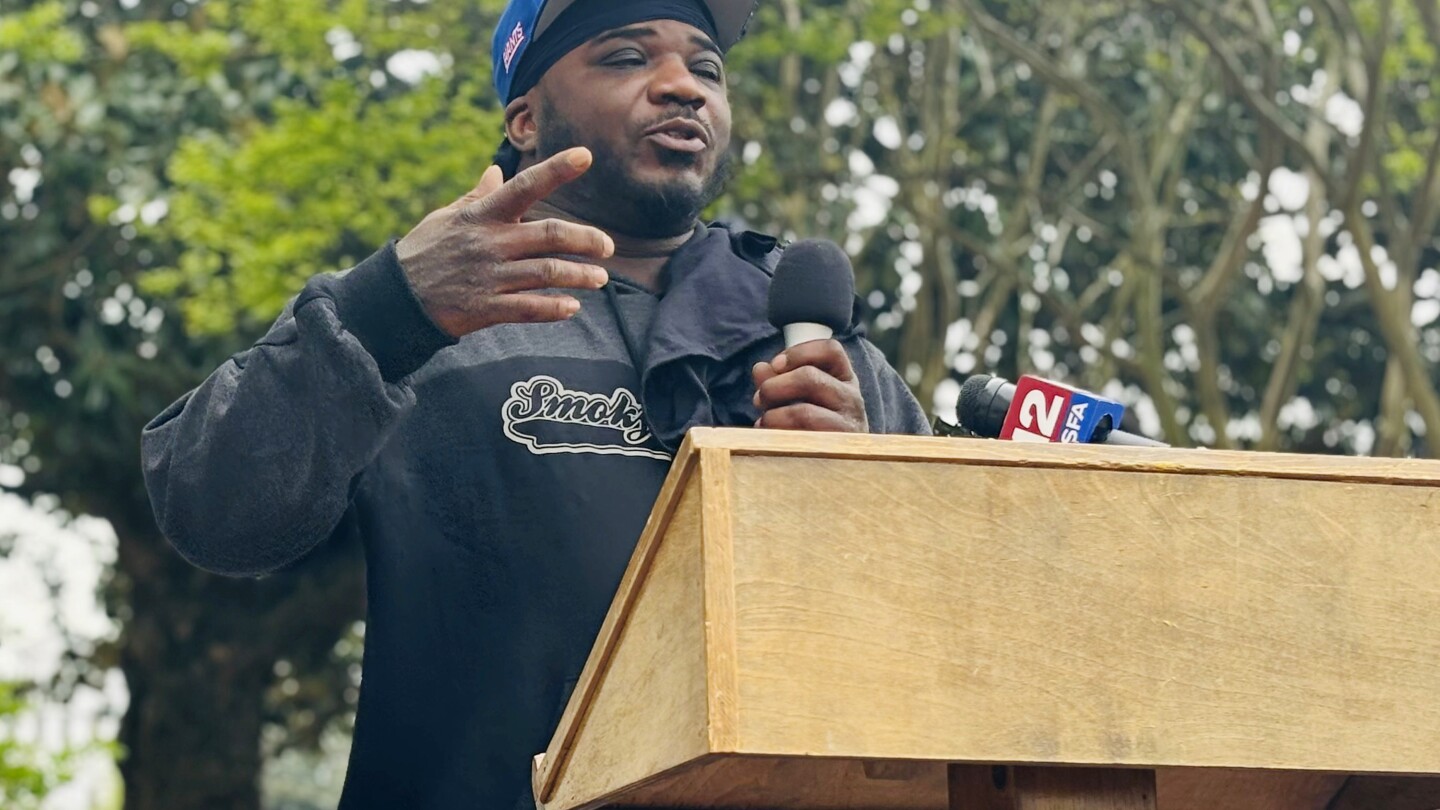In a controversial move, the Alabama Supreme Court has paved the way for the execution of Robin “Rocky” Myers, a man convicted of murder despite ongoing claims of his innocence. This decision comes amid pleas for clemency, including from a juror who questions the integrity of the trial’s outcome.
Myers was convicted for the 1991 murder of his neighbor, Ludie Mae Tucker, and is slated to be executed by nitrogen hypoxia, pending a date set by Governor Kay Ivey’s office. Despite the conviction, Mae Puckett, a juror from Myers’ 1994 trial, has called for leniency. “I know he is innocent. They never proved he did it. They never proved he was in the house,” Puckett told the Associated Press.
Myers’ attorney, Kacey Keeton, claims the case is fraught with errors. Keeton argues there is no physical evidence tying Myers to the crime, and an earlier attorney’s negligence led to missing a crucial 2003 federal appeals deadline. Additionally, a key prosecution witness has since recanted their testimony, and Myers was sentenced to death despite a jury recommendation for life imprisonment.
The Crime
Ludie Mae Tucker, aged 69, was stabbed to death in her Decatur home in October 1991. Her cousin, who survived a simultaneous attack, recounted that a man knocked on the door asking to use the phone before Tucker’s screams echoed through the house. Before succumbing to her injuries, Tucker described her assailant as a short, stocky Black man but could not positively identify him.
Robin Myers lived with his family across the street from Tucker. His son, LeAndrew Hood, recalled, “She knew us. She had enough breath to say it was a short, stocky Black man. If it was my father, all she had to do was say it was the man across the street.”
Juror Mae Puckett revealed doubts among the jury but ultimately agreed to a guilty verdict with a life sentence recommendation to avoid a potential death sentence in a retrial. However, under Alabama’s now-abolished system that allowed judicial override, Myers was sentenced to death instead.
Missed Deadline
Earle Schwarz, a Tennessee lawyer who once represented Myers, failed to inform him when he ceased working on the case. This oversight led to Myers missing a 2003 deadline to file a federal habeas corpus petition. The 11th Circuit Court of Appeals deemed this “inexcusable abandonment,” although they suggested Myers should have made efforts to track his case’s progress.
Myers, who reportedly reads at a fourth-grade level, scored between 64 and 84 on various IQ tests over the years. The U.S. Supreme Court prohibits the execution of intellectually disabled individuals, and Myers’ attorneys argue his lower scores should exempt him. However, the state insists a 2006 psychologist’s assessment of an IQ of 84 makes him eligible for execution.
The Alabama attorney general’s office has stated that juror Puckett’s concerns do not constitute conclusive proof of Myers’ innocence. “The affidavit, read in the light most favorable to Myers, states only that some of the jurors had doubts as to Myers’s guilt — it does not prove that he was actually innocent or that the trial court erred by overriding the jury’s recommendation,” they wrote.
Keeton contends that clemency remains Myers’ last hope. “Clemency is designed as a failsafe. If the system fails—as it has repeatedly failed Mr. Myers—clemency is there to save his life,” she asserted.







Be First to Comment